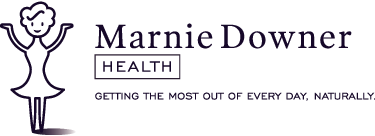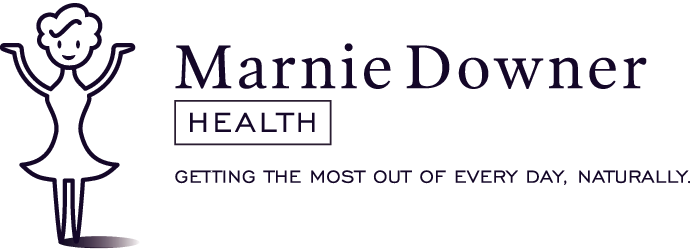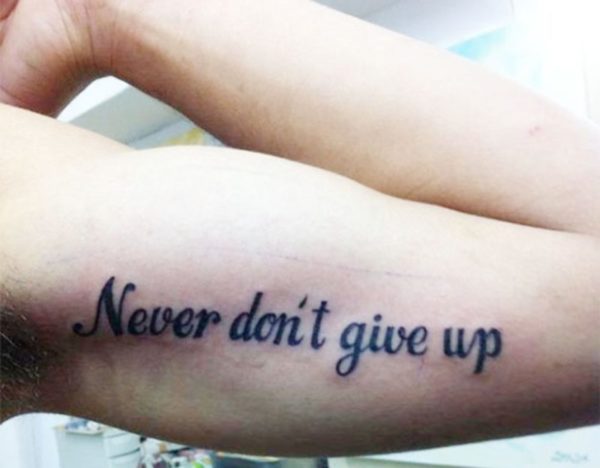How’s that New Year’s Resolution/s treating you now that we are in week three of January?
Why is that your resolve to go the gym every day, eat healthy foods, quit coffee and chocolate and only drink on the weekends is starting to seem hard…very hard indeed.
Kelly McGonigal, a Stanford University psychologist, wants you to know that you are not a terrible person for struggling. It’s just that maybe you’ve formulated the wrong resolution. PHEW!
Why willpower is a struggle.
We can define willpower as the ability to ‘do the stuff’ that matters most, even when it’s difficult or we don’t really want to. This kind of explains why it’s so flippin’ hard – the battle that rages between the two conflicting selves – long-term goals vs current pleasure and minimal stress and pain.
McGonigal thinks of this as immediate self vs future self and we need both systems for survival. It’s quite challenging in today’s society, given that we are set-up to expect instant gratification or escape immediate discomfort.
How effective are New Year Resolutions?
Not very! Only around 8% of us are successful!
It turns out we may not be asking the right questions. We tend to ask “What should I do?” More often than not it’s that little thing we criticise ourselves most about. “I don’t really like exercise, but I guess I should”. Willpower does not love this approach! It doesn’t really reflect what matters most to you. If there is no driving ‘want,’ the brain system of self-control is cast adrift. Result…back on the couch.
Resolutions work, according to McGonigal, when we start slowing down and asking ourselves what we want for the next year. For example:
- What is it that you want to offer the world?
- Who do you want to be?
- What do you want more of in your life?
- And then ask: “How might I get there? What would create that as a consequence?”
Tips for narrowing ‘it’ down.
Ask yourself:
- Looking backwards, what am I going to be seriously grateful for what I did do?
- Is there a change that I’m going to be glad I made?
- What would that feel like?
Tips for success.
Spend some time looking around. What conversations are you having regularly? Do they give you any direction or pointers to move toward a particular goal.
Don’t go it alone. Try outsourcing some of your willpower. Is there someone at work who also wants to go to the gym? Another body can be a great motivator.
Bribe yourself. If you really don’t exercise but want the results of exercise, include some reward (no, not chocolate cake). Try downloading all of Game of Thrones series 900 and put it on whilst you’re on the treadmill. Indulge in that trashy mag.
Start small and work up. Try 5-15 minutes of exercise per day instead of starting out with a whole hour. Work up from there.
Where you really have the freedom is in your choices. Huzzah!
Changing Habits
We’ve talked about willpower. What about habits? Once we’ve made our resolve, is there a way we maximise our chances of success by building healthy habits? Turns out that clever bunch at Stanford University have been studying this too.
Our lives, as they are today, are essentially the sum of our habits. I get up every morning go to yoga (still working on that habit) water my garden, have my lemon in hot water, shower, breakfast and so on.
How happy we are (or not) is a result of….you guessed it, our habits.
If you want to change/improve some of your habits, how then do you go about it?
The 3 R’s of habit change
Every habit we have – naughty or nice – follows the same fundamental pattern
- Reminder – the trigger
- Routine – behaviour
- Reward – my favourite bit – benefits.
How to implement it
Reminder
Getting motivated and trying to remember a new habit is hard. If you’re human, your memory and motivation are going to fail you at some point. Therefore, set a reminder for yourself such as a sticky note on the mirror or an alert on your phone. I move my supplements periodically (especially fridge ones) so that I have to move something to get them.
Routine
Decide what you want your new habit to be. Ask yourself, “can I make this behaviour so easy to do that I can’t say no.”
It’s important to remember that lasting change is the product of daily habits, not once in a life-time-transformations. That’s why it’s always nice to start small (10-15 minutes of exercise as opposed to one hour straight up). How small? BJ Fogg (the dude from Stanford Uni) says so small that for example if you wanted to start flossing your teeth, start with just one tooth!
Remember, performance doesn’t matter in the beginning. Just do something, do anything (I read of someone who resolved to floss just one tooth…).
Reward (yayayayay)
Celebrate you!
It’s important to reward yourself each time you practice your habit. NO, that doesn’t mean hand in the biscuit barrel. You can do this by telling yourself you’ve done a good job. Some people use a verbal cue like “Success, Victory”. I’m a fan of the ‘Huzzah’ and ‘I’m lovin’ myself sick!’
When you reach a milestone – why don’t you come get a massage or go get a facial.
Anyhoo. Happy 2020 to you. I hope come what may, that you have an awesome year filled with love, laughter and abundantly good health.
Marnie


